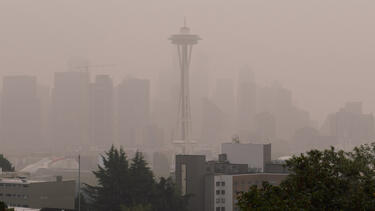Sustainability
Are Companies Abandoning Climate Action?
Last week, Bloomberg reported that mentions of climate change and other environmental topics in corporate earnings calls have dropped by 75% since they peaked three years ago. We asked Yale SOM’s Todd Cort what the change of emphasis says about the state of corporate sustainability efforts.
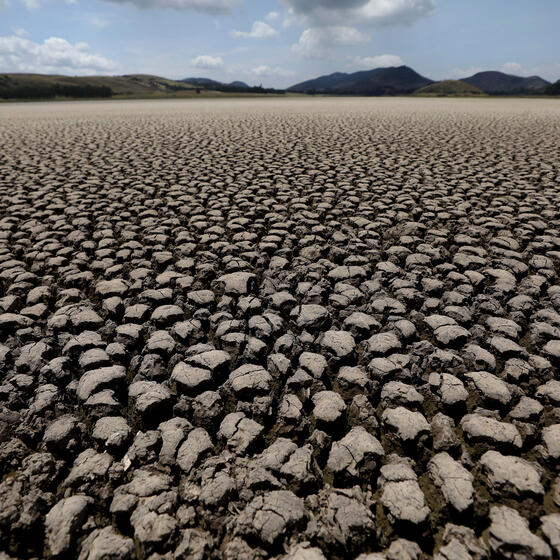
Short-Term Earnings Goals Drive More Pollution, Especially for Green Companies
Yale SOM’s Frank Zhang and Jacob Thomas found that firms might increase their pollution when they’re struggling to meet earnings targets—and that firms with a history of environmental responsibility are most likely to engage in this pattern.
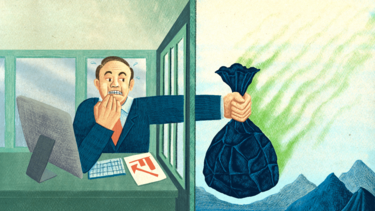
We’ve Got Climate Solutions. Now We Need a Movement.
Most Americans agree that the planet faces dire consequences if we don’t do more to address climate change. Anthony Leiserowitz, director of the Yale Program on Climate Change Communication, outlines how businesses and individuals can push for action.
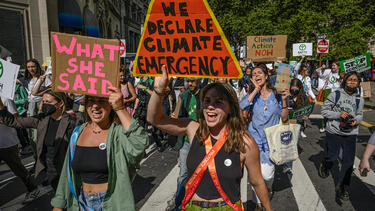
Moving Consumer Brands to Climate Neutral
A nonprofit co-founded by Austin Whitman ’07 is helping consumers direct their spending to brands that are serious about solving climate change by certifying companies that measure their emissions, offset them in the short-term, and move toward decarbonization.
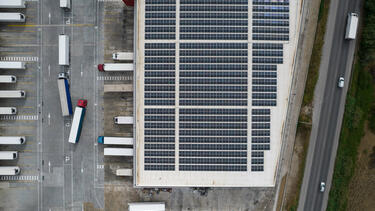
Land Trusts’ New Tools for Fighting the Climate Crisis
Land trusts are bringing innovative new tools to tackle the myriad problems created by climate change.
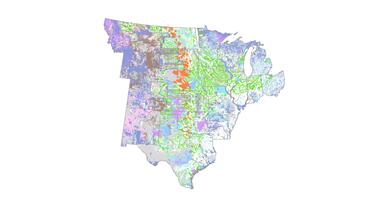
What Will It Take to Transition to Electric Cars?
Kenneth Gillingham, professor of environmental and energy economics, says that easing range anxiety and helping drivers understand the advantages of electric can help accelerate the shift.

Delivering Decarbonized Transport
Dan Kim ’97, chief strategic officer and director of Next Renewable Fuels, argues that existing elements of the energy and transport sectors can evolve to contribute to a future decarbonized economy, alongside more disruptive innovations.

- Collection No. 7
Confronting the Climate Crisis
Yale Insights is talking with the scholars and practitioners who are providing the expertise and leadership to make the adaptation and mitigation of this unprecedented challenge a reality.

Tallying the Social Cost of Carbon
Casey Pickett ’11, director of the Yale Carbon Charge, explains how to put a dollar value on the myriad choices that make up our response to the climate crisis.
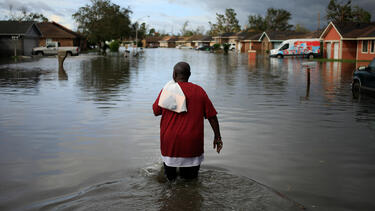
Is Climate Risk More than Markets Can Handle?
Yale SOM finance professor Stefano Giglio lays out the unique complications of grappling with climate risk, and explains his own work on stock portfolios that hedge climate change.
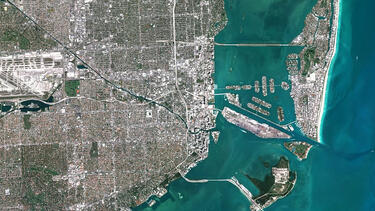
Is Seattle Prepared for Climate Change?
Ann Grodnik-Nagle ’06, climate policy advisor for Seattle Public Utilities, says that Seattle is focusing on both mitigation and adaptation, prioritizing vulnerable communities of color.
